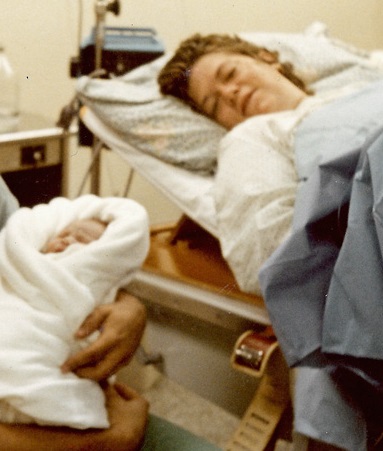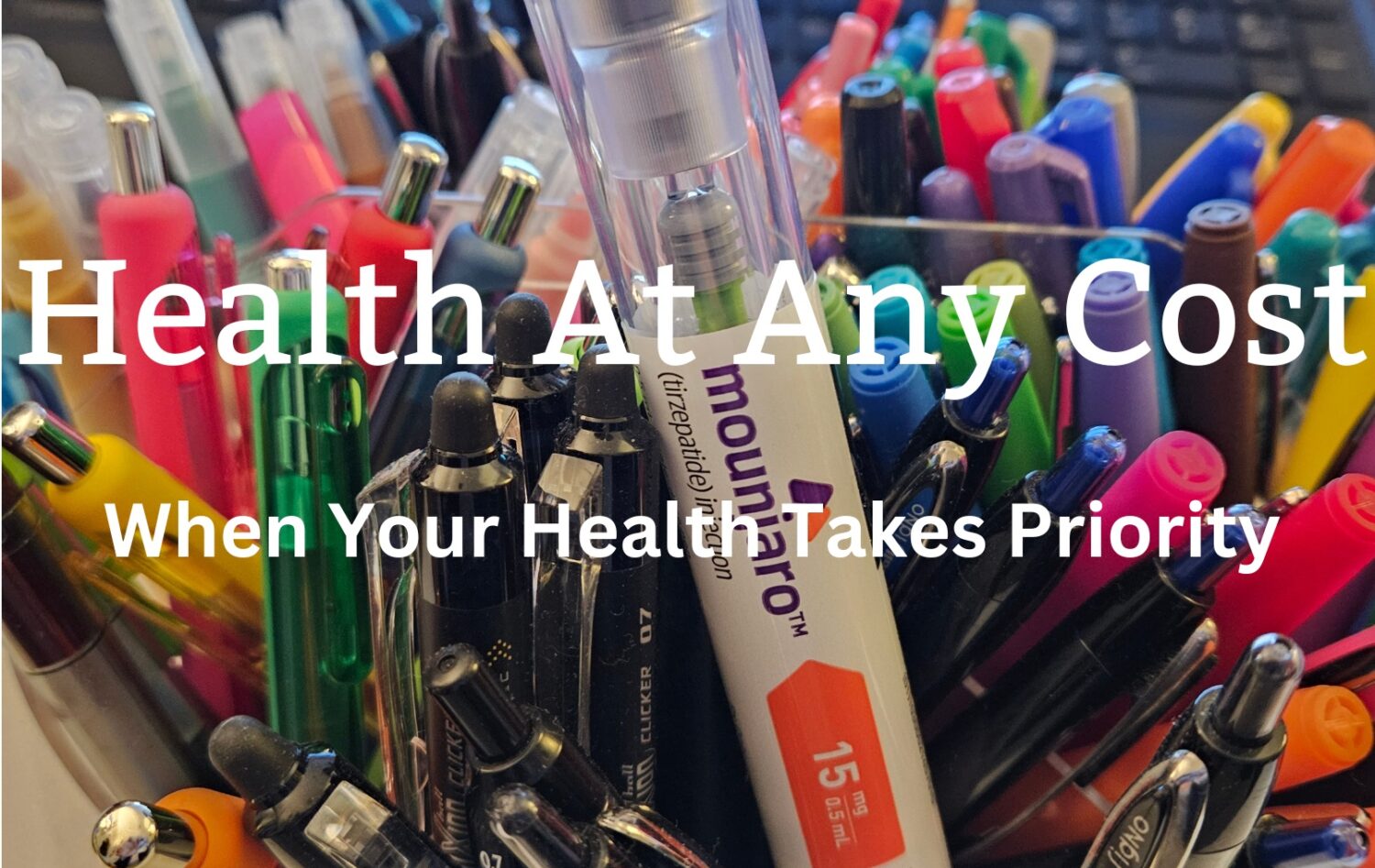The information is finally coming to light. What happens when women get pregnant on GLP-1s and have to quit taking them immediately?
I wrote about this in the blog post GLP-1 Pregnancy Worries in October 2023, saying:
When the woman realizes she’s pregnant and is required to stop the GLP-1 she’s on, the research is pretty clear that people regain most of their lost weight, sometimes very quickly. Whether the woman was on the GLP-1 for a diabetic reason or to lose weight, weight gain in pregnancy can be devastating. Not just emotionally or socially, but medically as well.
Weight isn’t the only thing that reverses when the GLP-1s are stopped. Blood pressure rises, the HbA1c goes up, and positive cholesterol changes also go back to where they were before the medications. There’s great information about the GLP-1s reducing the risk of heart disease and even heart attacks. What’s going to happen when those positive benefits are taken away?
I pondered whether a woman who got pregnant on GLP-1s would automatically be considered high-risk.
The Information is Coming Out

In USA Today, “They got pregnant with ‘Ozempic babies’ and quit the drug cold turkey. Then came the side effects,” women share that what I anticipated would happen is happening.
(Amanda) Brierley stopped taking semaglutide right away, per recommendations based on animal studies that found it could cause miscarriage and birth defects if taken while pregnant. A week later, she was possessed with an insatiable hunger: “I was a human garbage can. And I didn’t want sweets or anything. I wanted real food, like meats, cheese and other rich protein, which was completely different from my first pregnancy. I was like a caveman. I couldn’t stop. It was crazy.”
Preeclampsia
What do we do now? We wait for the retrospective studies that will come out and tell us what happened when the women stopped the GLP-1s. We’ll also learn when and what post-GLP-1 symptoms began. (Do we call them “symptoms?” After-effects, maybe?)
The crazy hunger is the most obvious issue at hand. From what I’ve heard of non-pregnant folks who quit the medications, the hunger comes roaring back as soon as they are stopped. Because of the shortages, I’ve had to lower my Mounjaro from 15mg. to 12.5mg. and I can attest to even that slight lowering affected my hunger. The first 12.5mg. shot, I ate more that week than I had since before starting Mounjaro at 10mg.
My fear with pregnant women stopping the meds and becoming ravenous is the quick weight gain that can bring all sorts of issues to the forefront. The main one would be preeclampsia.
Preeclampsia.org says, “Preeclampsia is persistent high blood pressure that develops during pregnancy or the postpartum period and is often associated with high levels of protein in the urine OR the new development of decreased blood platelets, trouble with the kidneys or liver, fluid in the lungs, or signs of brain trouble such as seizures and/or visual disturbances.”

Obesity adversely affects pregnancy and obstetric outcomes. The risk of PE (preeclampsia) is two times higher with a maternal BMI of 26 kg/m2 and as much as three times higher with a BMI > 30 kg/m2. Furthermore, it has been found that excessive weight gain during pregnancy is associated with a higher risk of developing PE.
Might women who’ve stopped GLP-1s in pregnancy develop pre-eclampsia earlier than the typical third trimester? Delivering the baby is the cure for pre-eclampsia. How will that be possible if she is only 20 weeks pregnant?
Bariatric Perinatologists
I think there needs to be a classification of Maternal-Fetal Medicine doctors called Bariatric Perinatologists. With the GLP-1s becoming pervasive, women who get pregnant with them, and their babies, will need specialized care. Are Perinatologists already attending seminars about women who get pregnant on GLP-1s? What are they learning. I don’t want to wait to hear what is happening with these mothers and babies.
What Next?
Women getting pregnant with obesity in full flower will certainly need exquisite care to help them not gain even more weight during the pregnancy. How will that happen? Will there be GLP-1 Baby Support Groups? Exercise Groups? Will someone invent food for post-GLP-1 folks who have had their bodies’ biochemicals knocked out of whack?
I haven’t even touched on the emotional and psychological issues sure to develop from having an unknown quantity high-risk pregnancy. Will worry and stress cause its own set of issues?
We know so little. How long will it take before we have a grasp on the consequences of getting pregnant on GLP-1s? How old will the “Ozempic Babies” be before we know what the medications did to them?
I cross my fingers that everything will turn out alright, but our history with medications and childbearing doesn’t bode well of the outcome.


